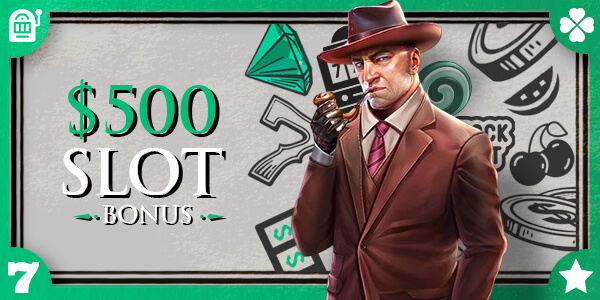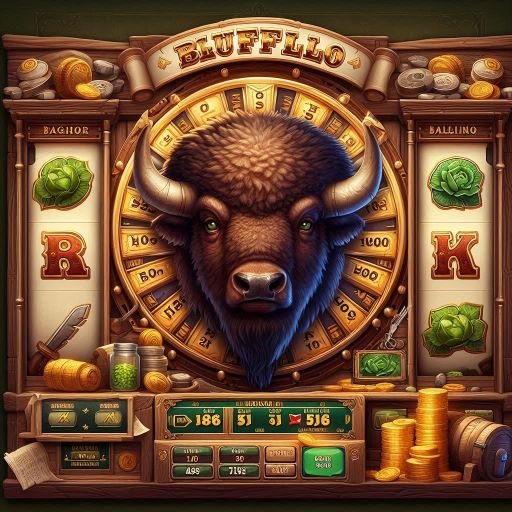
Introduction to Roulette: A Timeless Casino Classic
Roulette stands as a timeless icon in the casino world, captivating players of all levels with its blend of chance and simple yet engaging gameplay. The core appeal lies in predicting where the ball will land on the spinning wheel. However, beneath the surface simplicity, roulette offers a world of strategy, probability, and thrilling anticipation. This comprehensive guide will explore the depths of roulette, unveiling effective strategies, clarifying common misconceptions, and providing you with the knowledge to approach the roulette table with confidence and skill.
So, what exactly is roulette? Roulette is fundamentally a game of chance where players bet on the outcome of a spinning wheel marked with numbered pockets. These pockets alternate between red and black, with green pockets designated for zero (and double zero in American Roulette). The aim is to accurately predict the pocket where the roulette ball will settle once the wheel stops spinning.
Understanding the Roulette Basics
Roulette Wheel and Table Layout Explained
The roulette wheel is composed of numbered pockets from 0 to 36, alternating in red and black colors. American Roulette wheels include an additional double zero pocket (’00’), which increases the casino’s advantage. The betting table mirrors the wheel layout and presents a variety of betting options, each with different odds and potential payouts.
Exploring Roulette Betting Options
In roulette, players can choose to bet on single numbers for high payouts, or broaden their chances by betting on groups of numbers, colors (red or black), or number properties (odd or even). Each bet type has specific odds associated with it, reflecting the risk and reward.
Roulette Gameplay: Step-by-Step
A round of roulette begins with players placing their desired bets on the layout. Once betting is complete, the croupier sets the wheel in motion in one direction and releases the ball in the opposite direction. As the wheel slows, the ball will eventually fall and settle into one of the numbered pockets, determining the winning outcome for that spin.
Roulette Strategies for Smarter Play
While roulette is primarily a game of chance, employing betting strategies can help manage your bankroll and potentially improve your playing experience. Here are some popular roulette strategies:
| Strategy | Description | Risk Level |
|---|---|---|
| Martingale System | Double your bet after each loss to recover previous losses and aim for a single unit profit. | High Risk – Requires a large bankroll and can lead to rapid losses if losing streaks occur. |
| Fibonacci Strategy | Bet based on the Fibonacci sequence (1, 1, 2, 3, 5, 8…). Increase bet after a loss following the sequence. | Medium Risk – Less aggressive than Martingale, but still involves increasing bets after losses. |
| D’Alembert System | Increase bet by one unit after a loss and decrease by one unit after a win. Based on the principle of equilibrium. | Low to Medium Risk – More conservative approach to bet adjustment and bankroll management. |
| Labouchere System | Use a sequence of numbers to determine bet amounts. Aim to cancel out numbers in the sequence with wins. | Medium to High Risk – Complexity can vary depending on the chosen sequence. Potential for losses if the sequence becomes long. |
*Disclaimer: Roulette strategies can manage your bankroll but do not guarantee profits, as roulette is ultimately a game of chance. Always gamble responsibly.*
Debunking Common Roulette Misconceptions
The Myth of Hot and Cold Numbers
A common fallacy is that past results in roulette can predict future outcomes. In reality, each roulette spin is an independent event. Previous spins have no bearing on where the ball will land next. “Hot” and “cold” numbers are simply a result of random variance and have no predictive value.
The Rare Occurrence of Biased Wheels
While historically, imperfections in roulette wheels might have led to biases, modern casinos maintain strict standards and use sophisticated technology to ensure wheel fairness. The chance of encountering a biased wheel in a reputable casino today is extremely low.
Beware of Guaranteed Win Systems
Be wary of systems claiming to guarantee roulette winnings. No betting system can overcome the inherent house edge in roulette. Relying solely on any system as a foolproof path to profit can lead to disappointment and financial losses.
Frequently Asked Questions (FAQs) About Roulette
- Is roulette purely a game of luck?While chance is dominant in roulette, strategic betting choices and understanding odds can influence your gameplay experience and potentially improve your outcomes.
- What is the house edge in roulette?The house edge differs based on the roulette variation. American Roulette, with its double zero, has a higher house edge than European Roulette.
- Can I realistically improve my chances of winning at roulette?You cannot change the fundamental odds of roulette. However, selecting bets with better odds and using smart betting strategies can make your play more efficient and potentially extend your playtime.
- Are online roulette games fair? Are they rigged?Legitimate online casinos utilize Random Number Generators (RNGs) to ensure the fairness and randomness of their online roulette games. It’s vital to choose licensed and regulated online casinos to ensure fair play and protect yourself.
Mastering the Spin: Your Roulette Adventure Begins
As you begin your exploration into the exciting world of roulette, remember that a balanced approach combining strategic understanding, awareness of probability, and a touch of luck is key. By learning the game’s rules, exploring different betting approaches, and understanding common myths, you’ll be well-equipped to enjoy the roulette table. So, place your bets, spin the wheel, and embrace the thrilling world of roulette – where chance and excitement meet!





Be the first to comment